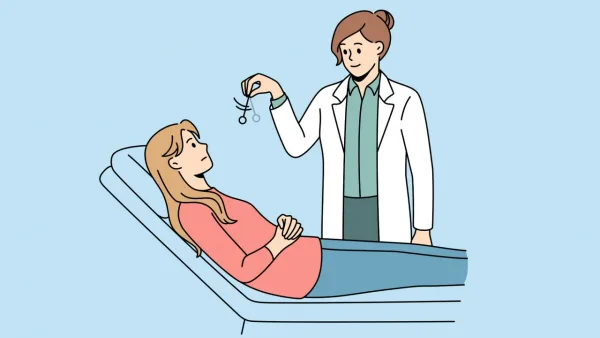Hypnotherapy for ADHD Symptoms: Can Hypnosis Help?
By Beth Guadagni – ADDitude Magazine.

Hypnotherapy, an alternative treatment led by trained therapists using verbal repetition and mental imagery, is gaining recognition for its potential to help manage ADHD symptoms. While research in this area is limited, preliminary findings suggest that hypnotherapy may benefit some individuals with ADHD by promoting healthy habits and increasing focus.
Contrary to the popular image of a swinging pendulum and chants of “You are getting sleepy,” hypnotherapy is becoming a serious and respected therapeutic approach. It has shown promise in managing various conditions, including chronic pain, insomnia, and eating disorders, according to the Mayo Clinic. Now, some practitioners believe it can also be a valuable alternative or supplementary treatment for ADHD symptoms.
So, what is hypnotherapy? It involves a trained therapist using verbal repetition and mental imagery to induce a trance-like state in which individuals often feel calm, relaxed, and open to suggestions. This altered state of consciousness can enhance awareness and concentration, making it particularly appealing for individuals with ADHD.
The roots of hypnosis can be traced back more than 200 years, with German physician Franz Mesmer (from whom we get the word “mesmerize”) employing early, now-discredited methods of hypnosis. Today, advancements in brain-imaging technology have shed light on the neural processes during hypnotherapy.
A 2017 study used fMRI scans to reveal changes in brain activation and increased connectivity among regions responsible for attention and emotional control during hypnosis. This suggests that entering a hypnotic state involves the same brain networks associated with cognitive regulation.
While these findings are encouraging, rigorous clinical trials in the context of ADHD are limited. In a small 2014 study involving 17 participants, cognitive behavioral therapy (CBT) and hypnotherapy were compared. Both groups showed improvement, but the hypnotherapy group reported better psychological well-being, reduced anxiety, depression, and fewer ADHD symptoms.
Jeffrey Rose, a certified clinical hypnotist and founder of Long Island’s Advanced Hypnosis Center, has seen positive outcomes in some of his ADHD patients after just one hypnotherapy session. They reported improved task completion, enhanced information retention, increased self-care capacity, greater positivity, and improved stress-coping skills.
Kimberly Fishbach, Psy.D., of New York Health Hypnosis and Integrative Therapy, has also observed beneficial effects in her ADHD patients. Hypnotherapy helps them regulate their mental and emotional processes, which can be particularly empowering for individuals who often feel a lack of control over their thoughts, emotions, or behaviors.
While more research is needed to establish hypnotherapy’s role in managing ADHD, these preliminary findings suggest that it may offer valuable benefits for some individuals in enhancing focus, promoting healthy habits, and improving overall well-being.

Leave A Comment